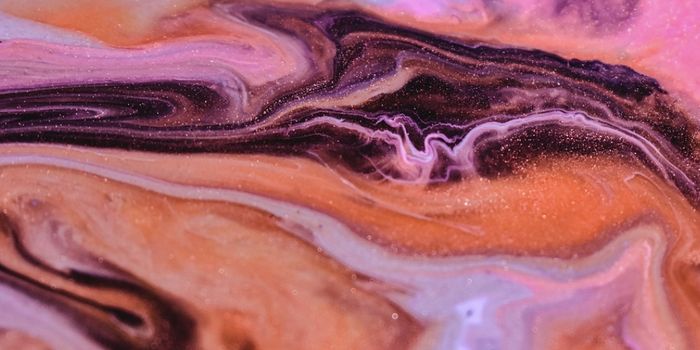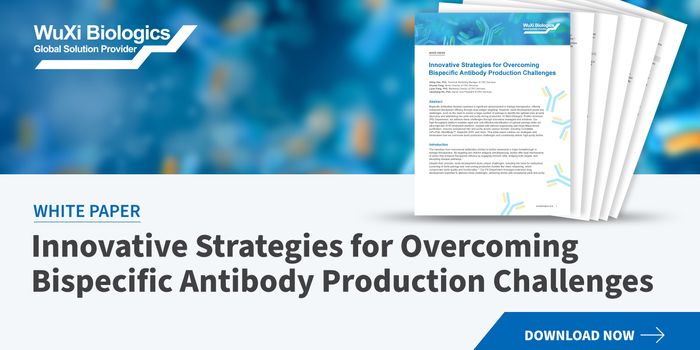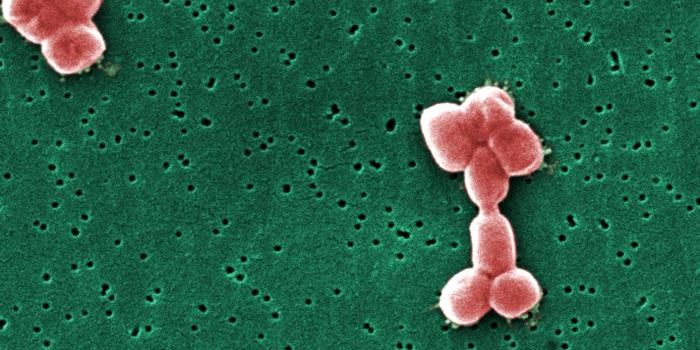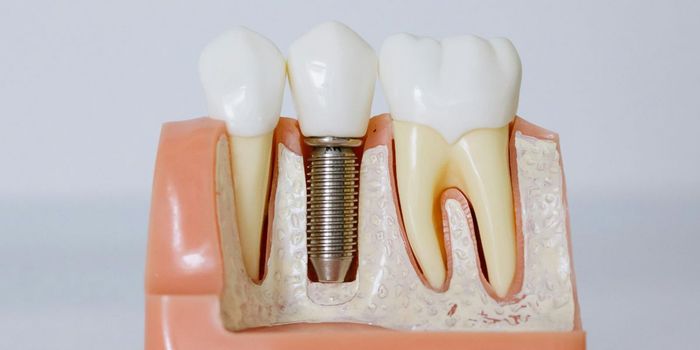The Three Drugs that Reverse Biological Aging
In the last 100 years, life expectancy in the US has risen from 55 years until 79 (Roser: 2019). And with the continuous development of medicine and scientific thought, ways to live for longer are becoming more and more apparent- even to the point that we may be able to live longer by becoming biologically younger.
A study conducted in California found that it may be possible to reverse the body’s ageing process. A small clinical study made up of nine healthy men aged between 51 and 65; they each took growth hormone supplements alongside two diabetes medications for a year (hgh supplements for anti-aging to be exact). Following the trial, it was found that they had shed an average of 2.5 years off their biological ages as shown by epigenetic markers. Moreover, eight out of the nine men experienced anti-aging effects in their immune systems, and these changes were sustained among six of the participants six months following the trial (Milova: 2017).
Given that pneumonia and other infectious diseases are major causes of death in older people in particular, the researchers put a specific focus on redeveloping the immune system; in this case, via the thymus. After white blood cells have been produced in the bone marrow, they then mature inside the thymus, where they are converted into specialized T cells that help the body combat infections and cancers. As the gland starts to shrink after puberty, its function is known to falter, something that is made worse as it becomes increasingly clogged with fat (Abbott: 2019).
Although growth hormone had been proven in previous studies in both animals and humans to rejuvenate the thymus, the hormone has also been shown to cause diabetes. Thus, in the study, two well-known anti-diabetes medications (dehydroepiandrosterone (DHEA) and metformin) were administered alongside growth hormone to nullify this effect.
During blood tests throughout the treatment period, the researchers found that blood cell counts among each of the participants we rejuvenated. In magnetic resonance imaging (MRI) scans, they also managed to confirm that accumulated fat had been replaced by thymus tissue in seven of the nine men. A success in itself seeing the rejuvenation of the thymus, it wasn’t until the researchers handed their results over to Steve Horvath to conduct an epigenetic analysis, looking at the methyl signatures linked to the participants' DNA, that they realised the overall anti-aging properties of rejuvenating the thymus in this way (Wayt: 2014). According to geneticist Steve Horvath who conducted the epigenetic analysis, “I’d expected to see slowing down of the clock, but not a reversal. (Abbott: 2019)."
Although exciting results for the field of anti-aging, these results are not conclusive due to their small sample size alongside insufficient controls including the lack of a control group. Thus, the researchers are now planning a larger study to further assess the effects of the three drugs on people of different age groups, ethnicities, and women.
Sources
Roser, Max: Our World in Data
Milova, Elena et al.: Leaf Science
Abbott, Alison: Nature
Wayt Gibbs, W.: Nature










